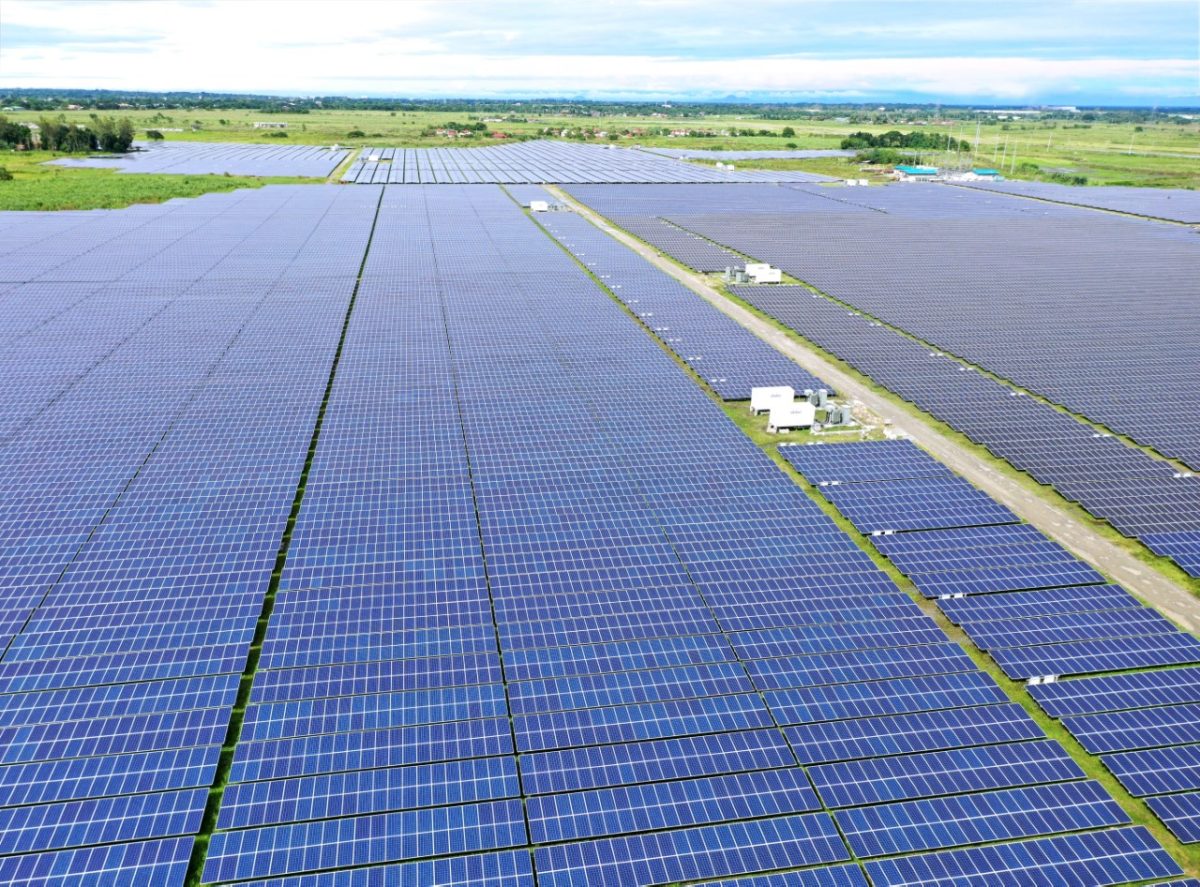The Green Energy Auction Bids Evaluation and Awards Committee (GEA-BEAC) of the Philippines' Department of Energy (DOE) has approved 24 bidders to compete in an auction to allocate 2 GW of renewable energy capacity it launched in January.
“Of the 24 bidders, eight were from solar, another eight were from wind, seven were from run-of-river hydro, and one was from biomass,” the DOE said. “The success of this competitive process will set the benchmark for the future auction rounds, as the resulting Green Energy Tariff (GET) will reflect the value of electricity.”
The ministry said a new renewable energy auction will be held in 2023. Developers that did not qualify for last week's auction can file their project proposals in the next round, it said.
“The first green energy auction in the Philippines was held today, which is a significant step in encouraging more power generation investments in renewable energy, while protecting the interest of Filipino consumers – a testament to the country’s commitment to developing indigenous and clean sources of energy at competitive prices,” said Energy Secretary Alfonso G. Cusi.
The authorities want to contract 1,260 MW of PV, 380 MW of wind power, 230 MW of biomass, and 130 MW of hydropower capacity. Around 900 MW will likely be assigned to Luzon province, while the provinces of Visayas and Mindanao are expected to be awarded 260 MW and 100 MW, respectively.
The Energy Regulatory Commission (ERC) has set a cap price for PV technology at PHP 3.628 ($0.066)/kWh for the exercise. The cap for wind power is PHP 5.2887.
The government of the Philippines announced plans to introduce the Green Energy Tariff Program auction in February 2020.
This content is protected by copyright and may not be reused. If you want to cooperate with us and would like to reuse some of our content, please contact: editors@pv-magazine.com.




By submitting this form you agree to pv magazine using your data for the purposes of publishing your comment.
Your personal data will only be disclosed or otherwise transmitted to third parties for the purposes of spam filtering or if this is necessary for technical maintenance of the website. Any other transfer to third parties will not take place unless this is justified on the basis of applicable data protection regulations or if pv magazine is legally obliged to do so.
You may revoke this consent at any time with effect for the future, in which case your personal data will be deleted immediately. Otherwise, your data will be deleted if pv magazine has processed your request or the purpose of data storage is fulfilled.
Further information on data privacy can be found in our Data Protection Policy.